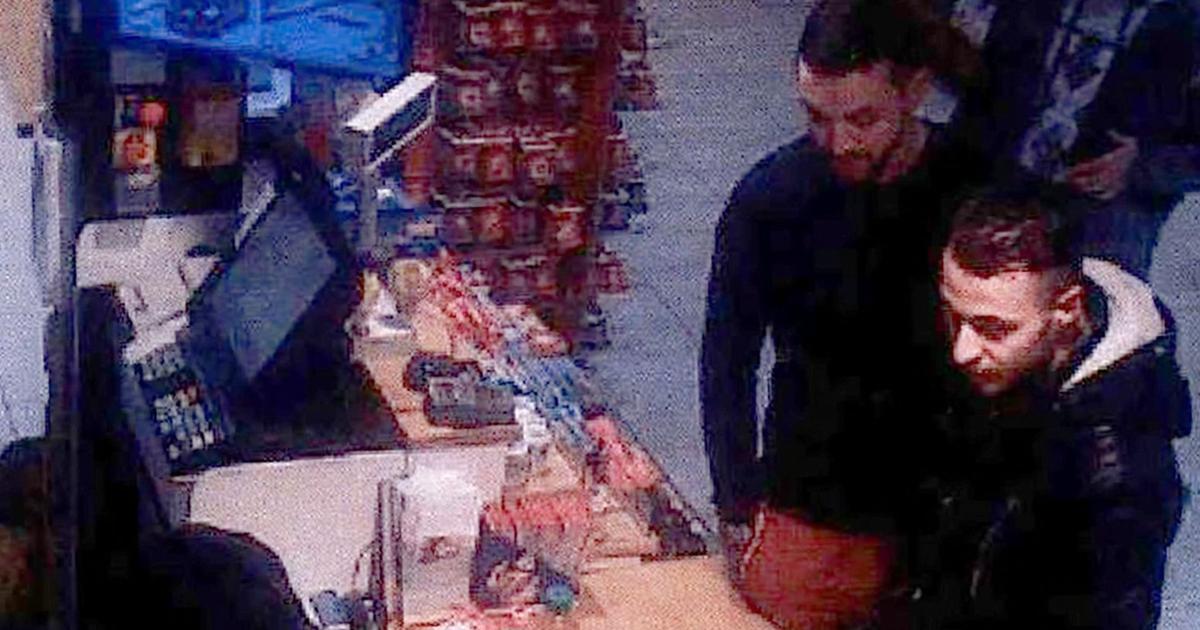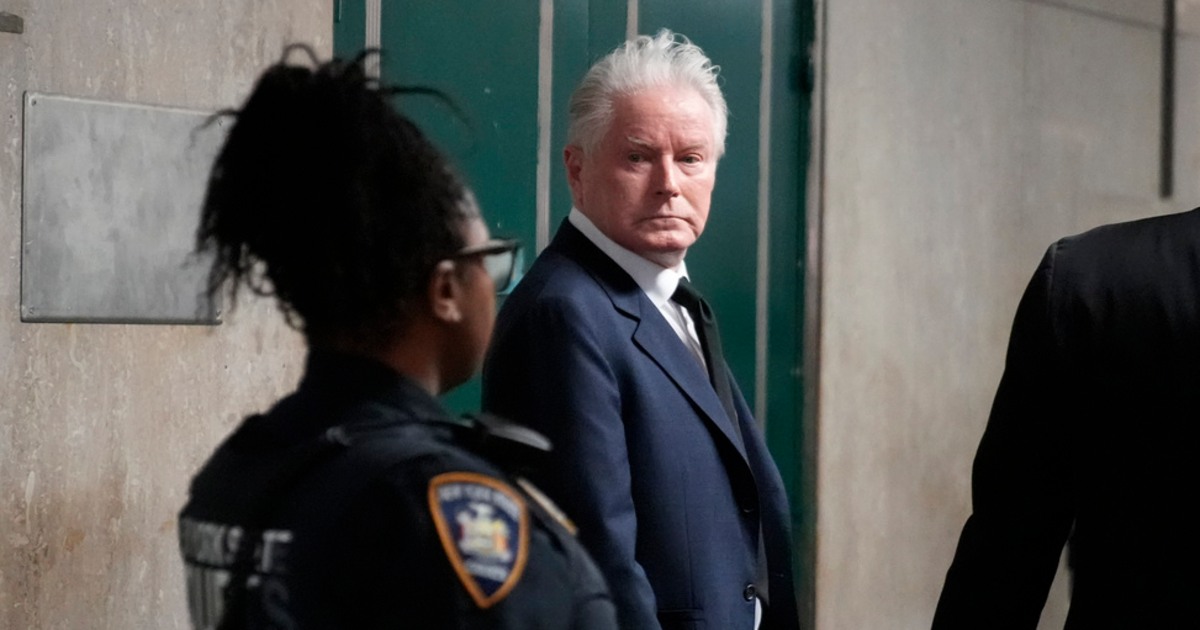After 100 days of hearing, explanations?
At the trial of November 13, Mohamed Abrini opens Tuesday, March 29 the phase of interrogation of the accused on the course of a night of terror, that of the worst jihadist attacks committed on French soil.
Read alsoAt the November 13 trial: the noose tightens around Salah Abdeslam
Mohamed Abrini himself called it a
“convoy of death”
: on November 12, 2015, jihadist commandos left the Belgian capital for the Paris region.
On November 13, three
"suicide bombers"
blew themselves up at the Stade de France, three other men machine-gunned café terraces in Paris and three Frenchmen - also returning from Syria - committed a massacre at the Bataclan.
Their attacks left 130 dead and hundreds injured.
These nine jihadists died.
With a few days ahead of the hearing schedule for the special assize court in Paris, Mohamed Abrini said last week that he too was
"scheduled for November 13"
.
The day before the attacks, he had accompanied the commandos to Paris but had left the same evening, by taxi.
To the investigators, he always maintained that he had only come to accompany his friends
"in their last breath"
, an astonishing risk-taking deemed to be not very credible.
The prosecution believes rather that Mohamed Abrini,
"the man in the hat"
who abandoned his cart of explosives and fled during the attacks in Brussels on March 22, 2016, had already given up four months earlier.
"No comment"
Last Tuesday, he promised
to "shed light"
on the court's role on this disastrous evening of November 13.
But the 37-year-old Belgian, talkative during the investigation and since the start of the trial, will he also be struck by the contagion which seems to have won the box, that of the silence kept by several defendants?
In addition to the alleged logistician Mohamed Bakkali, the Swede Osama Krayem and the Tunisian Sofien Ayari refused to explain their journey to Europe on their return from Syria, evoking the
"relentlessness"
in vain to defend themselves in an
"illusory" trial
.
Suspected of having wanted to carry out an attack at Amsterdam airport on November 13, Osama Krayem and Sofien Ayari have already warned that they will continue to exercise their right to remain silent during their interrogation scheduled for Friday.
After Mohamed Abrini, the Assize Court will hear on Wednesday and Thursday Salah Abdeslam, the only surviving member of the commandos.
The expectations, in particular of the civil parties, are also immense.
But when it was a question in mid-March of evoking the various round trips he made to recover members of the jihadist cell in Europe, Salah Abdeslam was stingy with details, opposing "no comments" to specific questions.
During his first interrogation on the merits of the case, in February, the
“tenth man”
of the commandos let it be understood that he had given up killing on November 13.
Read alsoNovember 13 trial: Mohamed Abrini “was planned” for the attacks in Saint-Denis and Paris
"When you're in prison"
, in solitary confinement and constantly watched,
"you say to yourself:
'I should have started this thing, did I do the right thing to backtrack or I would have had to go all the way?”, had dropped the 32-year-old Frenchman.
He then said to reserve his explanations for
“later”
.
In March 2016, after four months on the run and his arrest in Belgium, he had already claimed to have
"given up"
to activate his explosive belt.
Before remaining silent for the next five years, until the trial.
Salah Abdeslam had at the time explained that he should have blown himself up at the Stade de France, but that he had changed his mind when he arrived there.
He would then have dropped off the three other suicide bombers and hit the road again, before abandoning his car in the 18th arrondissement, then his explosive belt south of Paris.
A thesis which
"is allowed to doubt"
according to the prosecution.
First, because the press release from the Islamic State (IS) organization mentions an attack
"in the 18th arrondissement"
, where the car was found, and which did not take place.
Then because the experts established that the belt was defective.
Finally because Salah Abdeslam would have told several relatives that it had not worked.









